Final report
Here you will find the final report on the Good Council for Redistribution. It provides a comprehensive description of the entire process: From the planning and organization to the course of the council weekends to the moderation techniques used and the final decision-making process as well as the evaluation of the results. The report serves as a detailed documentation and reflection of the entire project.
How good was the Good Council?
An external scientific evaluation.
In this PDF you will find the external evaluation of the Good Council in German. Below you will find the English summary of the evaluation.
Democracy researcher Daniela Ingruber used the storytelling method for the evaluation. She focussed on stories, discussions and the process from the preparation to the follow-up, conducted interviews with the council members and the team and recorded her observations and scientific analysis of these work steps.
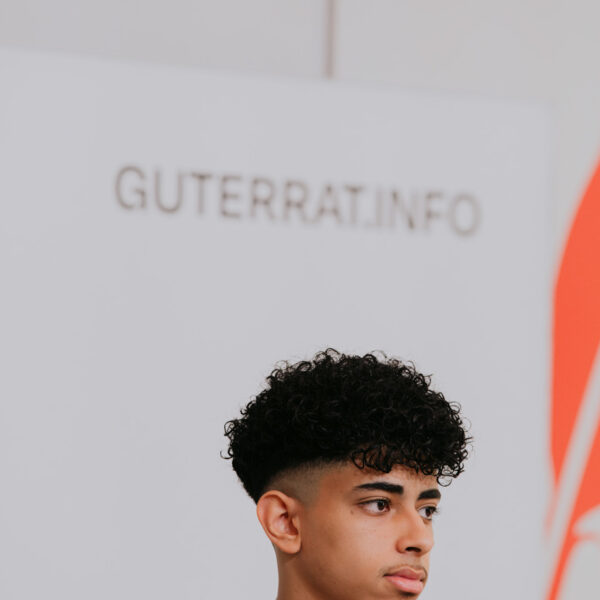
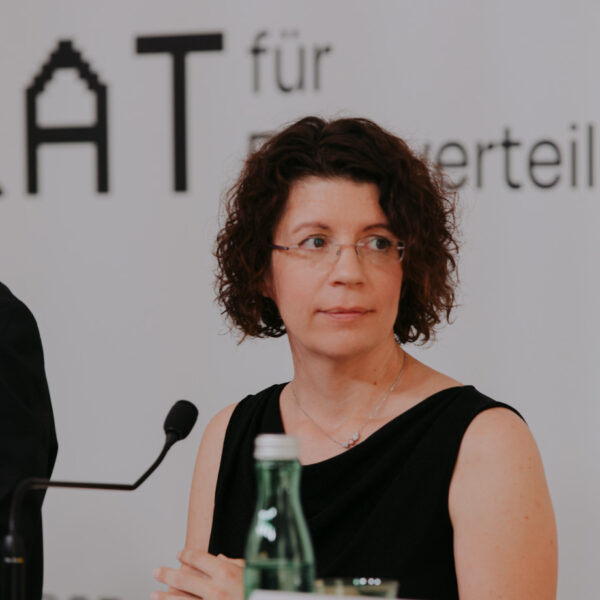
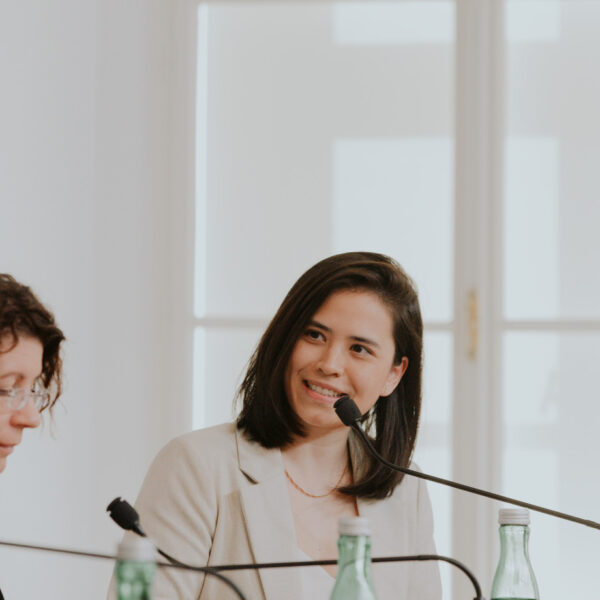
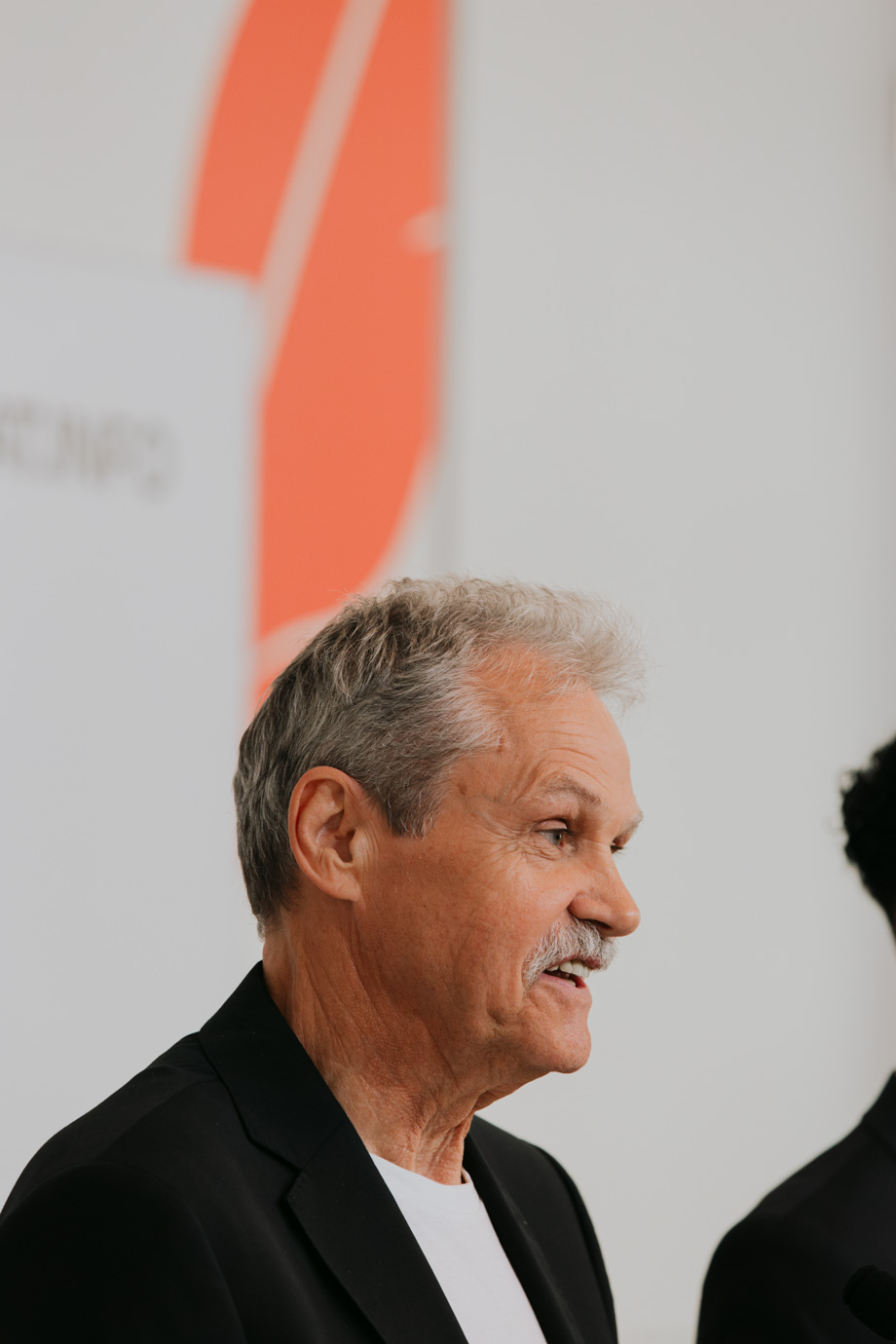
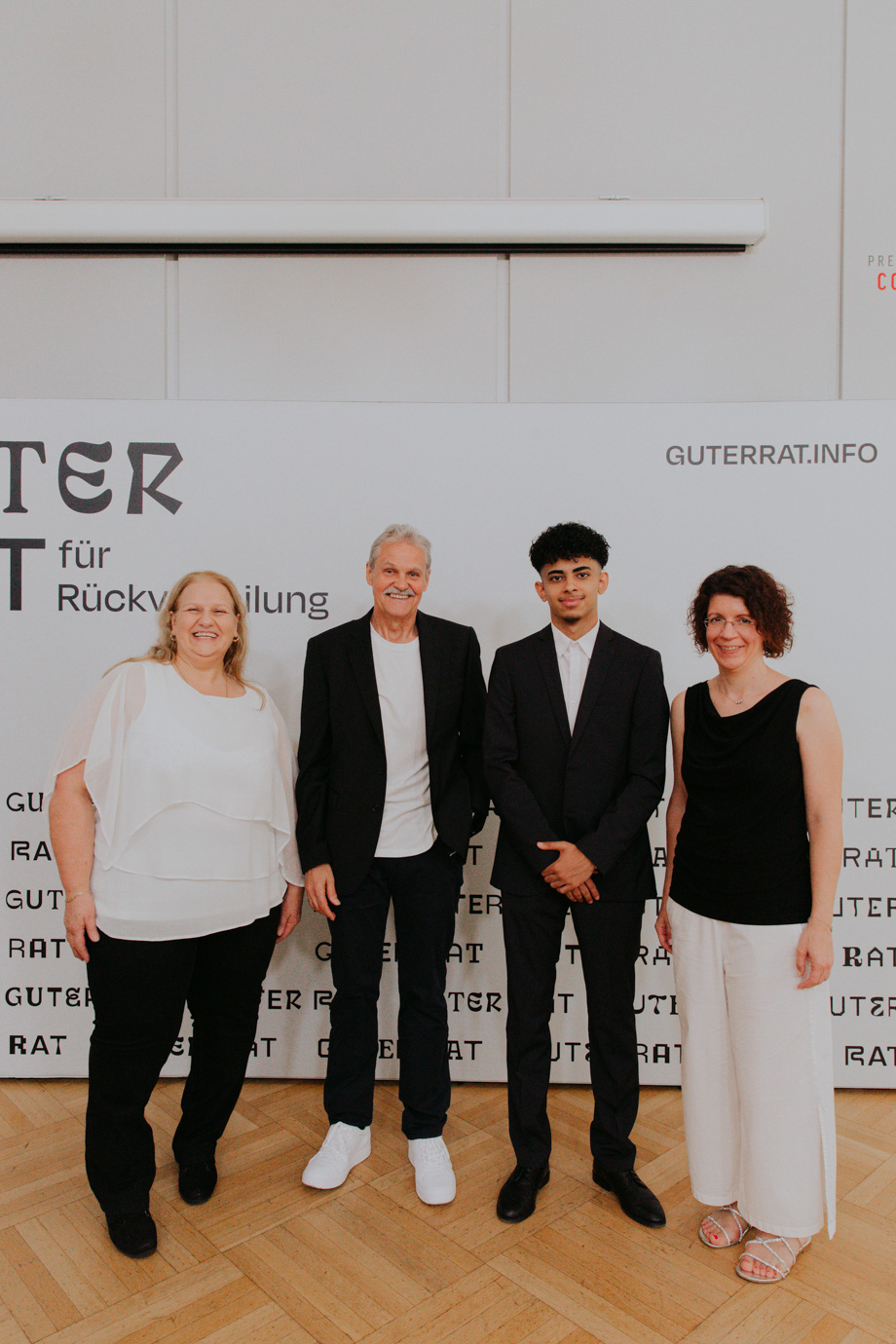
25 million euros go to 77 initiatives
The Good Council for Redistribution has come to an end. The 50 members spent six weekends discussing the distribution of assets and the question of how to redistribute 25 million euros from Marlene Engelhorn's inheritance.
(Vienna, 18.06.2024) On Tuesday, Council members Elisabeth Klein, Dietmar Feurstein, Kyrillos Gadalla and Angelika Taferner presented the results together with project manager Alexandra Wang.
The Good Council would like to see a fairer distribution of wealth, more transparency and reporting on the subject and better data on very large fortunes, says Elisabeth Klein, a commercial employee from Upper Austria. A sensible combination of inheritance, gift and wealth taxes is necessary, whereby the majority of people would not be affected by these taxes at all. The aim is to reduce inequality and reduce taxes on work. One focus of redistribution is therefore on organizations such as the Tax Justice Network, Attac Austria, the Momentum Institute and the World Inequality Lab.
The fight against poverty-related illness
"Poverty makes you sick and sickness makes you poor" is, according to Dietmar Feurstein, a retiree from Vorarlberg, among the many deliberations of the Good Council. This applies to people with disabilities and those living in poverty or affected by homelessness, for example. An important concern of the 50 council members is the protection of women from violence. With this in mind, they support “Lebenshilfe”, “Neunerhaus”, various women's refuges, the deaf association, and inclusive football clubs.
Housing, integration & education
The 17-year-old pupil Kyrillos Gadalla from Vienna - the youngest member of the council – was also in attendance. Housing is a basic right, which is why the Good Council supports organizations that advocate for affordable housing and advise tenants such as “HabiTAT”, the “Initiative Gemeinsam Bauen und Wohnen” and the “Mieter-Interessensgemeinschaft”.
The integration of migrants and refugees is also important to the Good Council: language courses, low-threshold access to health support and better working conditions for 24-hour care-givers. The Council therefore supports organizations such as “Integrationshaus”, “Volkshilfe” and “IG 24”. The citizens are also concerned that "education in Austria is ‘inherited’ too much", says Gadalla. Children who are not economically privileged suffer disadvantages in their education from an early age. This is why organizations such as “Teach for Austria”, “Frei.Spiel” and “Schule im Aufbruch” are supported.
Strengthening democracy, preserving nature, protecting the climate,
falling voter turnout, increasing political apathy: The Good Council is worried about the democracy, says Angelika Taferner, an office worker from Lower Austria. Therefore, some of the redistributed wealth goes to “Interact”, the “Wiener Forum für Demokratie und Menschenreche”, “Wahlkabine” and street newspapers, among others.
In terms of nature and the climate, it is important to ensure that the burden of the transition to a sustainable economy is shared fairly. The protection of natural habitats, the preservation of biodiversity, the implementation of effective climate protection measures and affordable and healthy food were named as the central pillars of a sustainable society. Supported organizations include “Naturschutzbund”, the “Kontext Institute”, “Arche Noah”, “ÖBV-Via Campesina” and “Land schafft Leben”.
The desire for a fairer society
The 50 council members represent Austrian society almost perfectly in terms of age, income, gender identity, region, degree of urbanization, education, employment, migration background, and attitude towards wealth distribution. They spent six weekends analyzing the distribution of wealth in Austria and decided how 25 million euros from Engelhorn's inheritance should be redistributed. "The council members were accompanied by a team of eight facilitators and were advised by scientists and experts from various fields," says project manager Alexandra Wang.
A total of 77 initiatives and projects were selected to receive the redistributed inheritance: "To summarize, the result is as diverse as the council itself. Initiatives that directly support those affected or which tackle the causes of a problem are supported. Both small and large organizations were considered, as well as young initiatives and long-established organizations." What all the decisions have in common, says Wang: "They want a more just society. They want everyone to live well together. And they want to support those who are discriminated against."
Policy makers’ duty
Marlene Engelhorn says of the result: "A large part of my inherited wealth, which by virtue of my birth has put me in a position of power that contradicts every democratic principle, has now been redistributed in line with democratic values.
I am immensely grateful to the 50 council members for their work, which was not only limited to the redistribution, but also concerned looking at the impacts of our unequal wealth distribution. They dedicated themselves to a democratic process, thereby fueling societal debates on democracy and participation, tax fairness and social inequality. In doing so, they have made a significant contribution to making these important topics an international media focus. Policy makers are now called upon in their parliamentary responsibility to do justice to what this representative group of the Austrian population has demonstrated."
Der Standard
Scenes of a deprivation: How Marlene Engelhorn got rid of 24,946,000 euros
CNN World
Austrian pro-tax heiress gives wealth to social, climate, left-wing groups
BBC
Citizens group decides fate of heiress' fortune